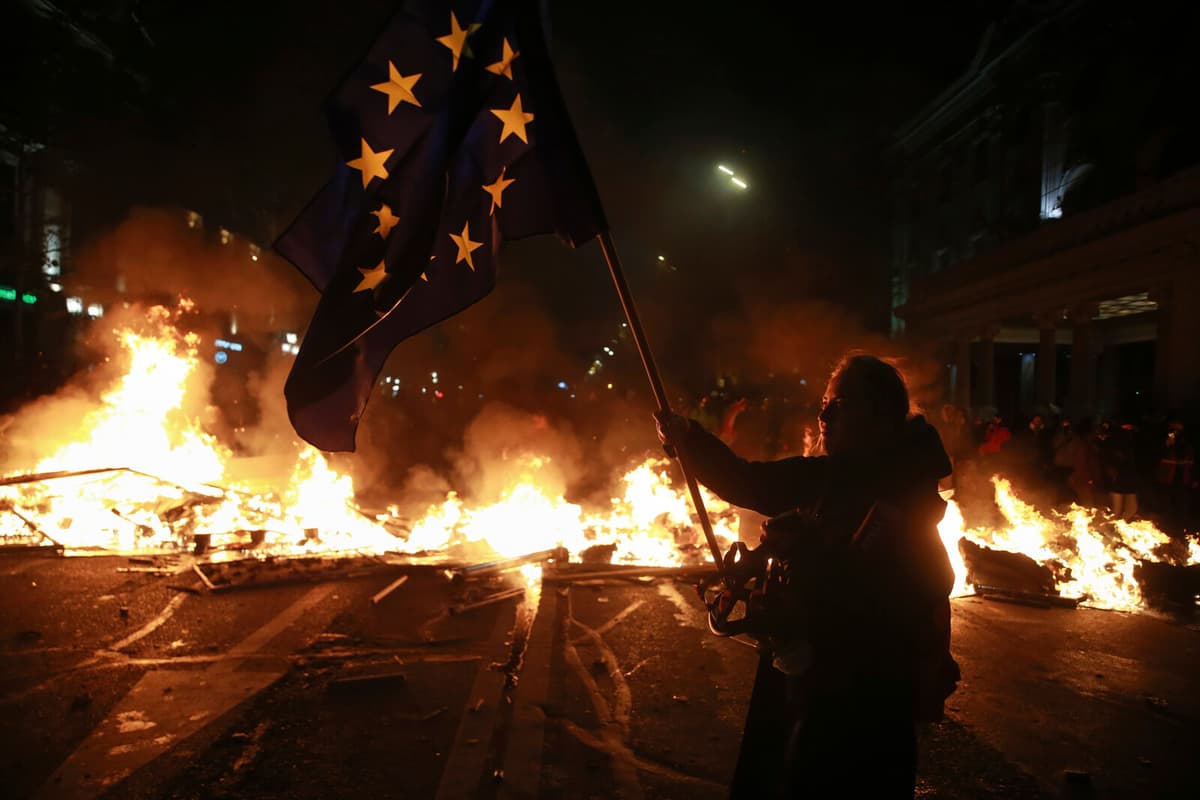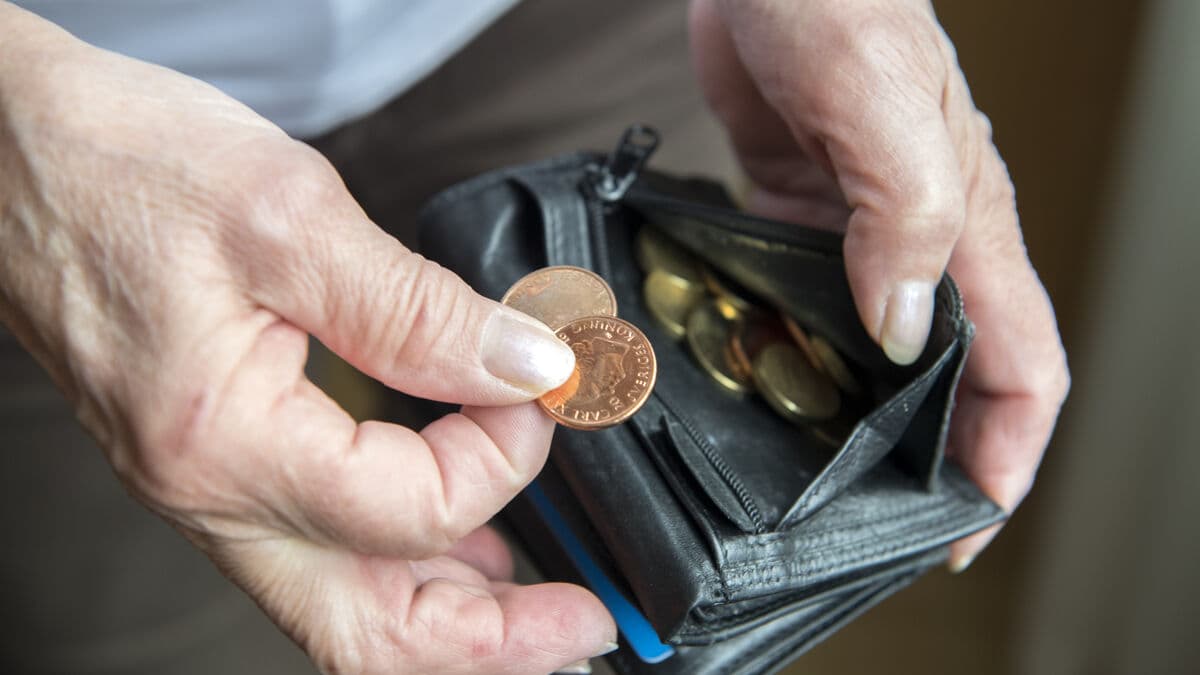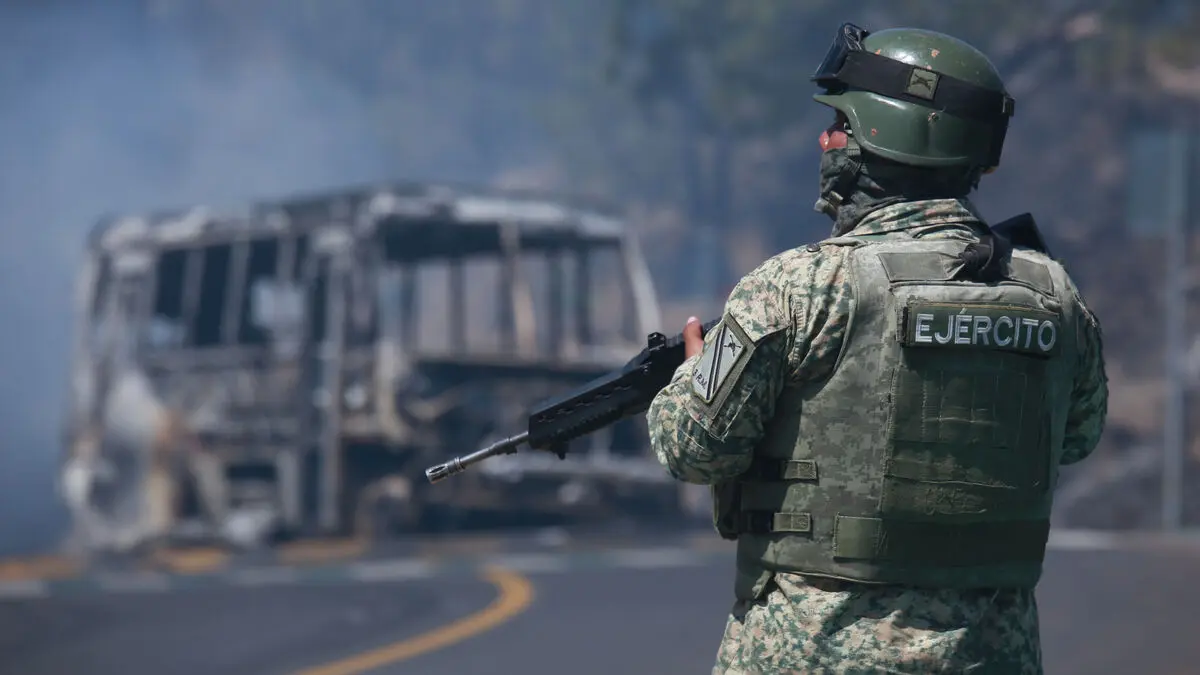The recent demonstrations in Georgia are the largest in many years, notes Jakob Hedenskog, analyst at the Centre for Eastern European Studies at the Foreign Policy Institute (UI).
He draws parallels to Maidan in Ukraine in 2014, when a comprehensive popular uprising led to the fall of the Russia-friendly President Viktor Yanukovych.
Others want to downplay that comparison, because what followed the Euromaidan revolution was also Russia's annexation of Crimea and its entry into eastern Ukraine. So it's not just a positive parallel.
Split in the Government
The coming days are expected to be crucial for Georgia. Jakob Hedenskog sees four possible scenarios – the most violent being that the government cracks down so brutally on the demonstrators that they give up.
Another is a compromise between the government and the demonstrators, but in deeply polarized Georgia, it's unlikely, according to Hedenskog.
The third scenario is that the protest wave grows so strong that it leads to a growing political split and subsequently to the government's collapse. Over the weekend, the pro-Western President Salomé Zourabichvili, who mainly holds ceremonial power, announced that she does not intend to resign when her term expires later in December.
Russian Intervention?
Several ambassadors and other officials have resigned in protest in recent days.
One can imagine that the tendency towards fragmentation that we see within the elite grows – and that the regime is thus seriously challenged, says Jakob Hedenskog.
Advertisement
The fourth scenario is possibly the most alarming. The ruling party Georgian Dream has been accused in recent years of increasingly acting as puppets for Russia, and the regime in Moscow is believed to be keen to keep its friends in power in Tbilisi.
Some form of foreign intervention is not unthinkable – that is, Russia would intervene, says Hedenskog.
I find it hard to see that Russia would calmly watch as a regime that has become so adaptable to Russia as the one in Georgia is overthrown.
The ruling party Georgian Dream, founded by billionaire Bidzina Ivanishvili, who made his fortune in Russia, has in recent years introduced a number of law changes and proposals that evoke Russian power.
In June, a highly controversial so-called agent law came into force. The law, which is very similar to one previously introduced in Russia, means that organizations receiving money from abroad are considered to be acting in the interests of a "foreign power". The law posed significant obstacles to the path towards EU membership and triggered large-scale popular protests on several occasions.
In August, the government announced that it would seek to ban the largest opposition party, the United National Movement.
At the same time, Georgian Dream also announced plans for a law against "pseudoliberal ideologies" and to severely restrict the rights of LGBTQ+ individuals.
Georgia was incorporated into Russia in 1801 but became independent again after the collapse of the Soviet Union in 1991. Russia, however, has controlled two breakaway regions of Georgia, Abkhazia and South Ossetia, since a brief war in 2008.
The ruling party claims to want to restore the country's territorial integrity peacefully, so that it "corresponds to a new reality". It is unclear how this is to be achieved, but the party and its founder Bidzina Ivanishvili have been lobbying for a "pragmatic" relationship with the large neighbor to the north for some time.






